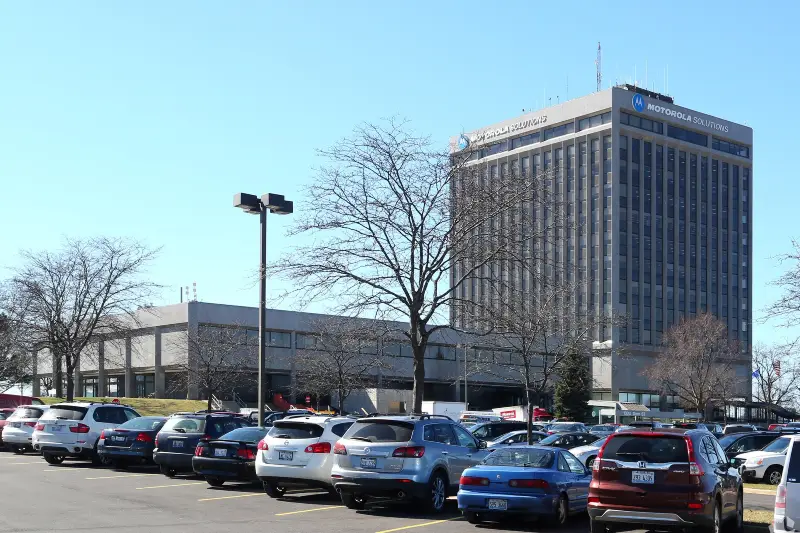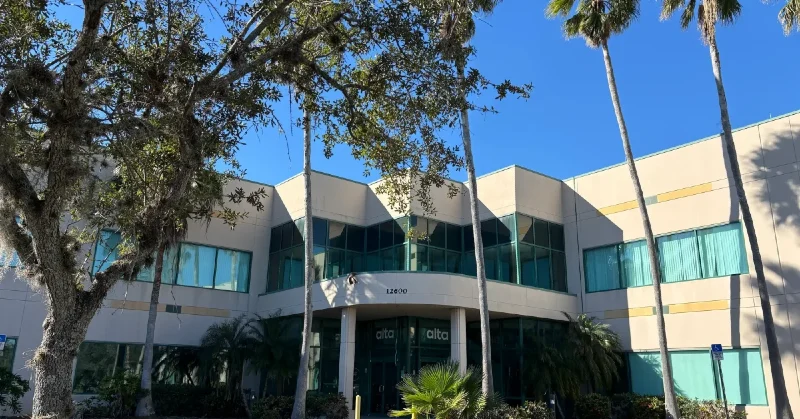
Feb 13, 2025
Half Price Books has been struggling to find a replacement for its 6,000-square-foot warehouse in the Minneapolis-St. Paul area for over a year due to a lack of small warehouse spaces. Despite a rise in overall warehouse availability, the vacancy rate for spaces under 100,000 square feet remains low at 3.9%, making it difficult for businesses needing smaller facilities. Developers have prioritized constructing larger warehouses over 100,000 square feet, leaving a gap in the market for smaller spaces. As a result, Half Price Books has resorted to temporary storage and is now considering alternative regions for warehouse space while seeking ways to optimize its storage needs.

Feb 13, 2025
Florida’s new condo safety law, SB 4D, enacted after the 2021 Surfside collapse, mandates inspections and full funding for repairs in aging condos. However, Republican lawmaker Mike Caruso warns that the increased costs could force elderly, fixed-income residents out of their homes, potentially leading to a rise in homelessness. While Governor Ron DeSantis and other lawmakers acknowledge the law’s unintended consequences, no amendments have been made yet. Florida’s 2025-2026 budget includes over $600 million for home risk-mitigation programs, including grants to help condo owners manage the financial burden.

Feb 3, 2025
In the fourth quarter, U.S. commercial real estate prices improved for large-dollar deals in major markets, while smaller transactions in secondary markets either stabilized or slowed their decline. The increase in high-value deals was accompanied by rising transaction volumes, reaching a two-year high of 4,538 sales totaling $35.53 billion. Industrial property prices rose across both large and small markets, while other sectors showed mixed performance. Investment-grade sales, comprising 63% of the quarter’s deals, surged 25.1% year-over-year, with an average deal size of $7.44 million. Regionally, price trends were mixed, but overall conditions improved compared to previous quarters.

Jan 14, 2025
Alico Inc., a major citrus producer in Florida, has announced a strategic shift away from citrus farming due to economic challenges. CEO John Kiernan explained that the decision was driven by the impact of Hurricane Irma in 2017 and the persistent citrus greening disease, which have significantly reduced profitability. The company plans to diversify its land usage, with about 75% of its 53,000 acres remaining in agriculture for alternative crops such as sod, sugar cane, vegetables, and cattle farming, while 25% will be considered for commercial or residential development.
This transition will result in the layoff of 172 workers, though Alico plans to provide severance pay and job search assistance to eligible employees. Kiernan emphasized the company’s commitment to responsible land stewardship while balancing the need to generate returns for shareholders. Alico will continue citrus operations on about 3,500 acres of its most productive land for at least one more season, with the possibility of leasing to small-scale farmers in the future. The company is also exploring other revenue streams, including sand mining, as it adapts to changing market conditions and environmental challenges

Jan 12, 2025
The commercial real estate market is facing a significant wave of loan maturities, with $8.6 billion in commercial mortgage-backed security (CMBS) loans due this month alone. This surge is expected to peak in October 2025, with nearly double the January amount coming due. While lenders have been lenient in granting extensions in recent years, there are growing concerns that loan servicers may adopt a tougher stance, potentially leading to an increase in foreclosures.
The largest chunk of debt coming due is from Blackstone affiliates, totaling over $3 billion. Many borrowers are seeking extensions, but industry professionals anticipate a shift towards other types of debt resolutions. Lower property valuations, particularly in the office sector, are complicating matters, with some appraisals coming in at 40% less than the outstanding loan amounts. This situation is prompting bondholders to consider alternative strategies, such as discounted loan payoffs or loan splitting, to mitigate potential losses.






